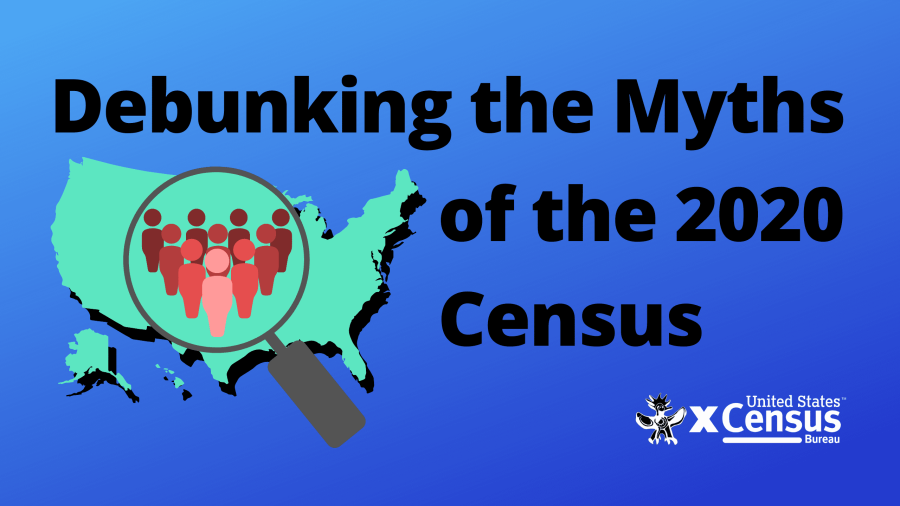Este artículo se puede encontrar en español aquí.
Beginning in March 2020, the United States Census Bureau will begin its survey of everyone who lives in the U.S. Recently, there have been many myths and misinformation floating around about the Census. In an effort to ensure that everyone is counted and feels safe being counted, the UCSD Guardian has partnered with the 2020 Census to answer some of the most pressing student-related questions regarding the nationwide count.
What is the Census?
The United States Census is the decennial constitutionally mandated count of everyone who resides in the country for the majority of the calendar year. Conducted by the U.S. Census Bureau, a nonpartisan government agency, the census counts the population of everyone who lives in all 50 states, the District of Columbia, and the five U.S. territories.
Through the results of the count, a number of goods and services are reallocated based on where people live, including the distribution of $675 billion in federal funding, as well as the allocation of federal representatives and the redistricting of federal and state legislative districts.
What questions are asked on the Census?
Only seven questions are asked through the Census. They will be in regards to the following categories:
- How many people are living or staying at your home on April 1, 2020.
- Whether your home is owned or rented.
- The sex of each person in your home.
- The age of each person in your home.
- The race of each person in your home.
- About whether a person in your home is of Hispanic, Latino, or Spanish origin.
- The relationship of each person in your home.
The Census Bureau will never ask for information in regards to your social security number, your bank or credit card numbers. Likewise, the Bureau will never ask any information on behalf of a political party, and it will never try to solicit you for money or donations.
When will the Census take place?
The Census will begin in the middle of March 2020, with invitations to participate online or by paper questionnaire being sent out beginning March 12. Reminder letters will be sent out in the middle of the month. If no one in your household responds to the census, further reminders will be sent throughout the remainder of March and April, with in-person follow-ups beginning in mid-April.
If I am not a US citizen, do I participate in the Census?
If your primary residence for the majority of the calendar year is in the United States, then you do participate in the 2020 Census count regardless of whether or not you are a U.S. citizen.
Will my citizenship be asked?
The Census Bureau does not ask any questions about citizenship. No questions in regards to nationality, citizenship, or legal status to be in the United States is ever asked.
As an on-campus student, what is considered my counted residence?
All university students who live on campus should count themselves at their on-campus residence where they live and sleep most of the time. Likewise, off-campus students should count themselves wherever they live and sleep most of the time. University students, regardless of where they are originally from or their country of citizenship, should be counted at the residence where they live and sleep most of the time.
Are my responses confidential?
All responses given to the Census Bureau are confidential and protected by federal law. Responses will only be used for statistical purposes, and cannot be used against an individual in any way.
- Under Title 13 of the U.S. Code, responses cannot be released to anyone, including law enforcement agencies.
- Title 44 of the U.S. Code does permit the National Archives and Records Administration to release census records only after 72 years for historical research. That means that for the 2020 count, this can only happen starting in the year 2092.
- All Census Bureau staff take a lifetime oath to protect the personal information collected in the count. Any violation will result in a penalty of up to $250,000 as well as up to five years in prison.
For further questions, comments, or concerns, residents are encouraged to visit 2020census.gov or call 301-763-4636 for any general questions.














